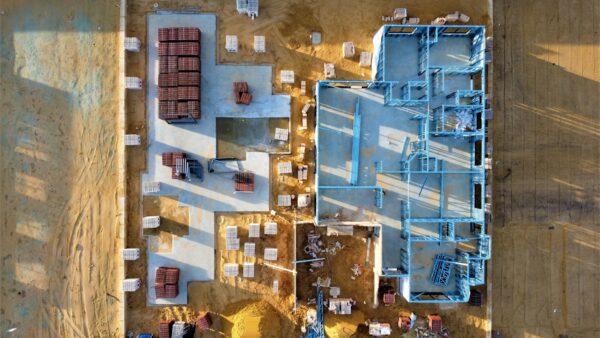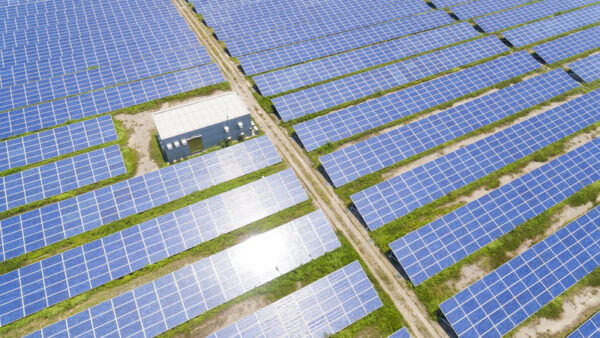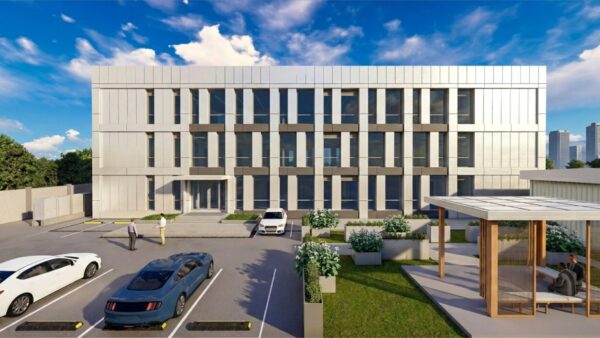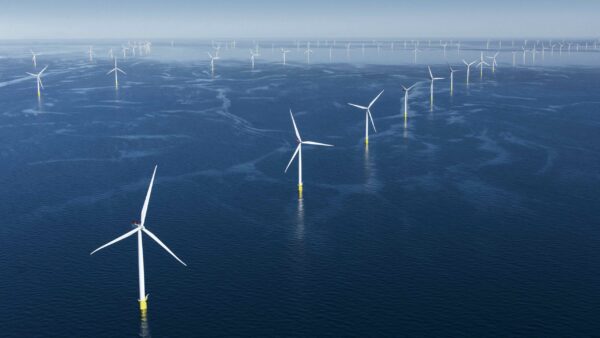US investment bank Citigroup has released a research note that tries to quantify the cost of upgrading North Korea’s infrastructure to the level of the south.
Citigroup estimated that a total of $63bn would be needed, of which $24bn would be spent on 28 rail projects, $23bn would be required for 33 road projects, $10bn would go on 16 power plants and the remainder would be spent on other schemes.
Jin-Wook Kim, the leader of the bank’s research team, said: “If the recent summits lead to the opening up of the North Korean economy, we estimate that it would need $63.1 billion in the long term to rebuild its transportation and infrastructure sectors – railroads, roads, airports, sea ports, power plants, mines, oil refineries, and gas pipelines,” Citi analysts led by said in the study released on 26 June.
The bill would presumably be met mainly by South Korea, however it would be considerably less than that paid by West Germany after its reunion with the DDR, estimated to have been in the region of €1.3 trillion.
It would also open up the north’s mineral wealth to exploitation: its deposits of 200 minerals, including the world’s second largest deposit of magnesium and a range of rare earth metals, are thought to be worth approximately $10 trillion. However, Citigroup’s analysts said the immediate benefits to the south would be geopolitical, and would come from reduced risk.
The success of the summits has already led to a number of preliminary discussions over possible projects, with Russia and China apparently keen to join the two Koreas in planning their integration into the regional economy.
The most eye-catching of these plans is a rail link between Seoul and Moscow. In a state visit to Russia this week, President Moon Jae-in of South Korea suggested a “Northern Silk Road” that would enable the connection of the whole of the Korean Peninsula with the Trans-Siberian railway, a scheme UK newspaper The Telegraph reported would cost $35bn. Other possible schemes include a gas pipeline and road infrastructure.
Image: The Friendship Bridge between North Korea and China. Much of the north’s network reportedly runs at 50km/h (Prince Roy/Flickr)
Further reading:






